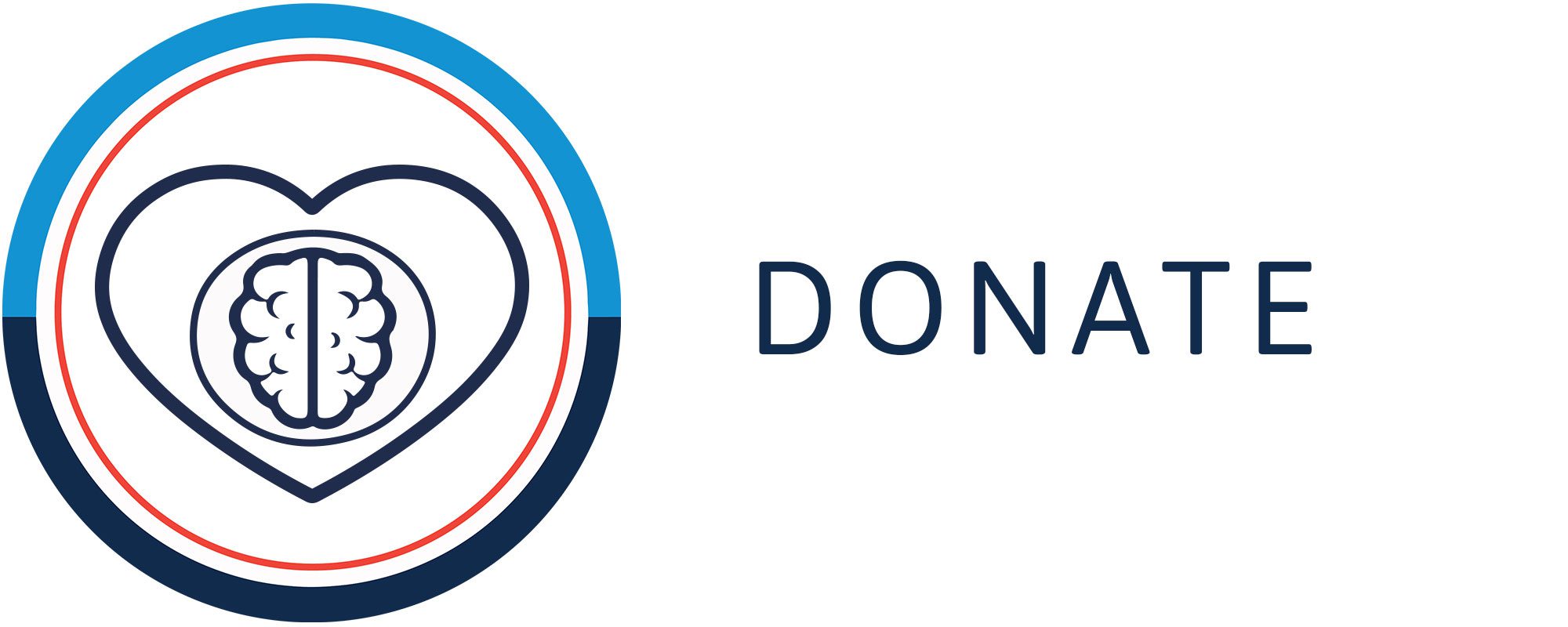Ricardo’s Insight
I just want to give everybody an idea of how Paul was before the attack that left him with brain damage. I would also like to look into the journey he has been through to try and give you an idea of how it impacted not only on his life, but also the lives of his family and friends. So this is a little insight from a friend’s point of view to show how difficult it was to see Paul (AKA Frank) going through such a life threatening attack and the impact it had on his life.
Before the attack, Paul was a very sociable person. He loved to go out, meet new people and was always one to initiate conversation. He was very confident at approaching friends and making new ones. He was naturally always upbeat when talking to people. He was a born leader not only in his personal environment, but at work too. All of this would soon change for Paul. It would make a massive impact on his life. This is my personal insight on how I saw Paul in 2012, his first year of recovery.
I remember when Paul was attacked like it was yesterday. It was an Easter weekend and I was on a night out in Manchester with some friends. At around 1am in the morning I received a message from one of Paul’s friends, saying that he’d been attacked and was in hospital. After hearing this, I went back to Hull. Then I heard that Paul was in HDU and had had a brain haemorrhage which was putting pressure on his brain. It was very upsetting. I knew how serious it was. At this stage, I felt a mixture of emotions. I was angry at the attacker, and also sympathetic towards Paul’s family. I also felt angry because Paul didn’t deserve this. Nobody deserves this.
After a few months, Paul had shown signs of recovery and was released from hospital. At this point life was still moving on and I felt like other people thought that Paul had recovered. This perception soon changed when Paul was strong enough to start having visits from friends, including myself. It was clear that Paul had changed both mentally and physically.
Paul had lost so much weight and looked weak and confused. He seemed worried when you spoke to him and was barely able to maintain a small conversation. Paul would break away and pace around the room with frustration. I could tell he was frustrated and was struggling with the outcome of his injury. As a friend, I felt helpless. Paul was also suffering from memory loss. This did not help our conversations because he couldn’t remember anything. It was so upsetting to see a once confident, independent and caring guy look so lost and confused at what was happening to him. Words cannot express what Paul was going through in those stages. He was lost. He needed lots of support from both family and friends.
Paul remained very secluded and it took a number of months for him to leave the house. He eventually came round to my house. We had a lovely evening but it wasn’t the same. Paul lacked concentration and had also developed a speech impediment. He would find it hard to talk to people without stuttering. He explained to me that he knew what he wanted to say but it was not coming out. This only frustrated Paul more and became a massive challenge to his early stages of recovery.
As time went on, Paul began to learn how to overcome his speech impediment. He taught himself to take his time with speech. He learned to control his thoughts and cognitive behaviours. His speech became stronger and clearer. For me it was so good to see improvement and I was so happy that his speech was coming back, but this was just one of many things that he had to overcome.
Then he decided to focus on his physical health and started training at home. This was the first stage of Paul becoming physically stronger. It was great to see him focused and watch him achieve his first goal, to be in the national magazine, Men’s Health. This was so great to see but it was only a fraction of things to come.
Whilst all this was going on, Paul was looking physically well, but he was still undergoing mental recovery, which was still very fragile. He was receiving counselling and finding it hard to work in an environment where he was once a leader. Every time I spoke with him, he was clearly upset about this. That was the biggest thing in his life which he needed to overcome … to become mentally strong.
But despite this, he carried on staying focused on his physical health and built up his body to a strong state by eating and living well. Exercise helped give Paul something to concentrate on, which was great to see. He then told me that he was planning to do a half marathon to raise money for the neurology ward 4/40 HRI, for all the lovely staff who helped him. It was a big task to take on during the first year of his recovery, but he was determined to show anybody who was going through anything similar that, if you stay focused and keep driving forward, you can recover and get your life back. It was great that a lot of his friends and family got together on the anniversary of his attack and did something positive. Paul chose this date specifically so that when he looked back on that date, he would not remember it negatively but with a positive memory instead.
While this was a massive task, it was a big step in helping Paul accept his brain injury and stay positive. Not only did Paul conquer this challenge but he raised £17,000 for Hull Royal Infirmary. Paul got so much out of this as did all our friends and family. Everyone pulled together and made the year of the attack a thing of the past. It was amazing to be a part of it and to see Paul developing and staying strong. Despite his mental battle, he was determined to move on.
This is only an insight into his first year of recovery. Paul has achieved many more things throughout his recovery and still is achieving things now. Paul’s positivity and determination have touched so many people’s lives and still continue to.



